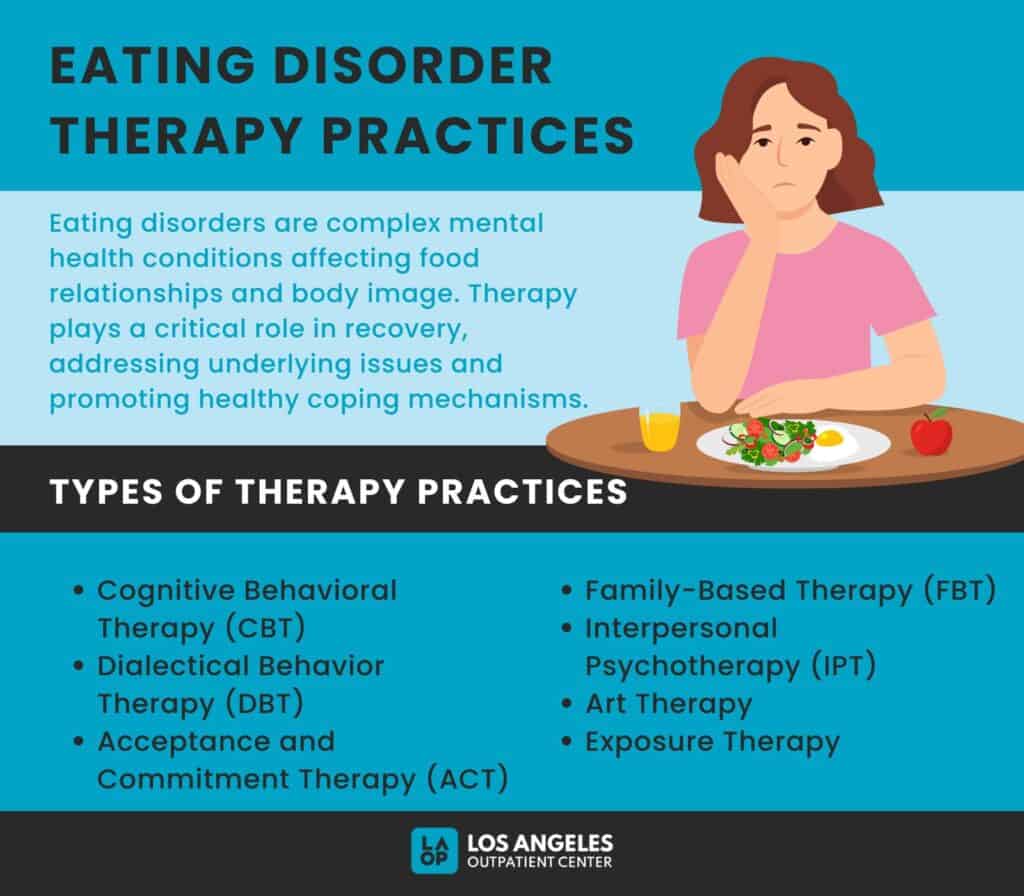The journey to recovery from an eating disorder is often complex and multifaceted, requiring a compassionate and specialized approach. Navigating the intricate landscape of disordered eating patterns, distorted body image, and underlying emotional challenges demands a professional who possesses both expertise and empathy. That’s where a Certified Eating Disorder Specialist (CEDS) comes in, providing critical support and guidance throughout the recovery process. Understanding the specific role a Certified Eating Disorder Specialist plays can be instrumental in choosing the right care team and maximizing the chances of lasting recovery.
What is a Certified Eating Disorder Specialist (CEDS)?
A Certified Eating Disorder Specialist (CEDS) is a mental health professional who has met rigorous education, training, and experience requirements specifically related to the treatment of eating disorders. They have demonstrated a deep understanding of the psychological, biological, and social factors that contribute to these complex conditions. This certification signifies a commitment to upholding the highest standards of care and ethical practice in the field.
Key Responsibilities of a CEDS:
- Assessment and Diagnosis: Conducting comprehensive assessments to accurately diagnose eating disorders and co-occurring mental health conditions.
- Treatment Planning: Developing individualized treatment plans tailored to each client’s unique needs and circumstances.
- Therapy and Counseling: Providing evidence-based therapies, such as Cognitive Behavioral Therapy (CBT), Dialectical Behavior Therapy (DBT), and Family-Based Therapy (FBT).
- Nutritional Counseling: Collaborating with registered dietitians to help clients restore healthy eating patterns and develop a positive relationship with food.
- Psychoeducation: Educating clients and their families about eating disorders, treatment options, and relapse prevention strategies.
- Coordination of Care: Working closely with other healthcare professionals, such as physicians, psychiatrists, and therapists, to ensure comprehensive and coordinated care.
Why Choose a CEDS?
Selecting a qualified professional is crucial for successful eating disorder treatment. While many therapists may have some experience with eating disorders, a CEDS possesses specialized knowledge and skills that can significantly enhance the recovery process. They are equipped to address the specific challenges and complexities associated with these conditions, providing targeted interventions and support.
Here’s a simple comparison table outlining the benefits:
| Feature | General Therapist | Certified Eating Disorder Specialist (CEDS) |
|---|---|---|
| Specialized Training | May have some training | Extensive training and experience in eating disorders |
| Knowledge of Eating Disorder Specific Therapies | Limited | Proficient in CBT-E, DBT, FBT, and other evidence-based therapies |
| Understanding of Co-occurring Conditions | General understanding | Deep understanding of the interplay between eating disorders and other mental health conditions |
| Coordination of Care | May coordinate with other professionals | Actively coordinates care with a multidisciplinary team |
Finding a Certified Eating Disorder Specialist
Locating a qualified CEDS can be done through several avenues. Professional organizations like the International Association of Eating Disorders Professionals (iaedp) offer directories of certified professionals. Furthermore, recommendations from physicians, therapists, or support groups can also be valuable resources. It’s essential to verify the CEDS’s credentials and experience before beginning treatment to ensure you are receiving the highest quality of care.
Ultimately, finding the right support is paramount, and a Certified Eating Disorder Specialist provides the specialized care needed to navigate the path toward healing and a healthier future. Remember to research and ask questions to ensure the chosen professional is the best fit for your individual needs and circumstances. Choosing a qualified CEDS is a significant step towards taking control and embracing a life free from the grip of an eating disorder.
My own journey seeking help for disordered eating led me directly to understanding the critical difference a CEDS can make. For years, I struggled with cycles of restriction and binge eating, bouncing between general therapists who, while well-intentioned, lacked the specific tools to address the underlying issues. I felt like I was constantly explaining the nuances of my experiences, spending valuable therapy time educating them rather than focusing on healing.
My Experience with a CEDS
Then I met Dr. Eleanor Vance, a CEDS with years of experience. From our very first session, I felt understood in a way I hadn’t before. She immediately recognized patterns I hadn’t even consciously acknowledged and helped me articulate the complex emotions driving my behavior. It wasn’t just about food; it was about control, anxiety, and a deep-seated fear of vulnerability.
How Dr. Vance Helped Me:
- Personalized Treatment Plan: Dr. Vance didn’t offer a one-size-fits-all approach. She crafted a treatment plan specifically tailored to my history, triggers, and goals. This included a combination of Cognitive Behavioral Therapy for Eating Disorders (CBT-E) and mindfulness practices.
- Addressing Root Causes: We delved deeper than just the surface-level behaviors. We explored my past experiences, family dynamics, and core beliefs that contributed to my disordered eating.
- Challenging Distorted Thoughts: Dr. Vance helped me identify and challenge the negative and distorted thoughts that fueled my anxiety around food and body image. She taught me techniques to reframe these thoughts and develop a more compassionate inner dialogue.
- Building Coping Mechanisms: I learned healthy coping mechanisms to manage stress and emotional triggers without resorting to food. This included practicing relaxation techniques, engaging in enjoyable activities, and building a strong support system.
- Collaborative Approach: Dr. Vance worked closely with my registered dietitian, Sarah, to ensure that my nutritional needs were being met and that I was developing a healthy relationship with food.
The Difference a CEDS Made
The difference between working with a general therapist and a CEDS was night and day. Dr. Vance’s specialized knowledge and experience allowed her to quickly identify the underlying issues and implement effective treatment strategies. I felt truly seen and understood, which fostered a sense of safety and trust that was essential for my recovery. I no longer felt like a “difficult case” or that I was “failing” therapy. I felt empowered and hopeful.
Before, I had tried various approaches, but nothing seemed to stick. I now understand that was because the approaches weren’t specialized enough for the unique challenges of an eating disorder. With Dr. Vance, the focus was laser-sharp, and the results were undeniable.
My experience underscored the importance of seeking specialized care when dealing with eating disorders. While general mental health professionals can provide valuable support, a CEDS offers a level of expertise and understanding that is essential for achieving lasting recovery. If you are struggling with an eating disorder, I urge you to consider seeking the help of a Certified Eating Disorder Specialist – it truly can be life-changing. This decision, while daunting, was the single best step I took towards reclaiming my life and finding peace with food and myself.



